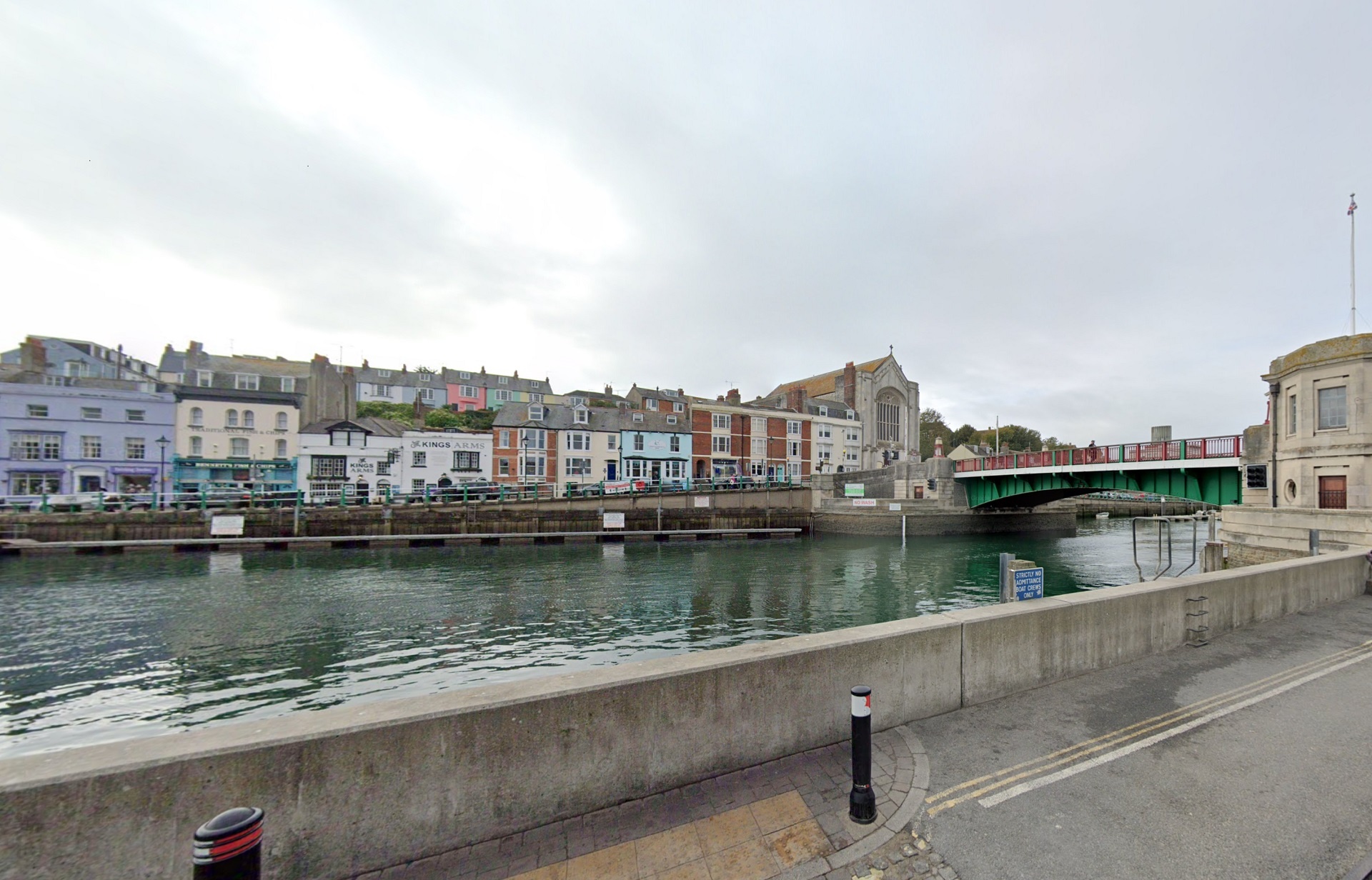A report being presented to Dorset Council Cabinet on 30 July outlines its financial position and forecasts at the end of the first quarter of the financial year.
Significant savings have been achieved over recent months as a result of Local Government Reorganisation. Despite this, the council is currently forecasting an overspend for this financial year of £7.1m on directly controlled budgets, and up to £5.5m on funding for schools and education.
The forecast overspend is mainly due to a growing demand for the following services:
• Support for children with Special Educational Needs and Disabilities (SEND): the number of children requiring an Education, Health and Care Plan (EHCP) has risen by 67 per cent since 2013, but there has only been a seven per cent increase in funding.
• The rising number of children taken into care to keep them safe from immediate risk of harm. Residential care placements are required for highly vulnerable children or those who might present a danger to themselves to others. Costs range between £3,000 and £8,250 per week. There has been an increase in these placements in the first three months of this financial year, 2019-20.
• Social care support for vulnerable and frail older people and people with disabilities.
Extensive work is underway to address the forecast overspend and to deliver a balanced budget by the end of the financial year. This work includes:
• Ongoing work to reduce staffing and associated costs as a result of bringing six former councils together
• Work to improve social care services provided for adults and children while reducing costs
• Development of a council-wide transformation plan for 2020-24, which will identify new ways of delivering council services (for instance, with greater use of digital technology) to meet the needs of Dorset residents while enabling the council to live within its means.
In addition, the council has reserves of around £29m – an improved position since the 2019-20 budget was agreed in February thanks to savings made by all six former councils. The minimum recommended level of reserves for Dorset Council is £14.5m. This means there are sufficient reserves available to cover additional budget costs this financial year if required.
Since the creation of the new council on 1 April this year, significant savings have been made or are in progress. These savings have been reinvested into council services:
• Reduction in the number of councillors from 204 to 82 has produced £400k in savings
• Reduction in the number of senior manager roles, and in staffing costs for areas where there is duplication and overlap like finance, HR, and IT is anticipated to achieve savings of £5.2m in 2019/20 and £10m in total
• Savings have been made on insurance, audit fees and other activities where the council now only pays for one organisation rather than six.
Cllr Peter Wharf, Deputy Leader and portfolio holder for Corporate Development and Change, said:
“This financial year is challenging for us. But I am confident that the local government reorganisation and the creation of Dorset Council put us in the best possible position to manage our financial position. We will continue to push for better funding for social care from Government. In the meantime, I have confidence that officers across the council will work hard to improve our financial position throughout the year.”

















